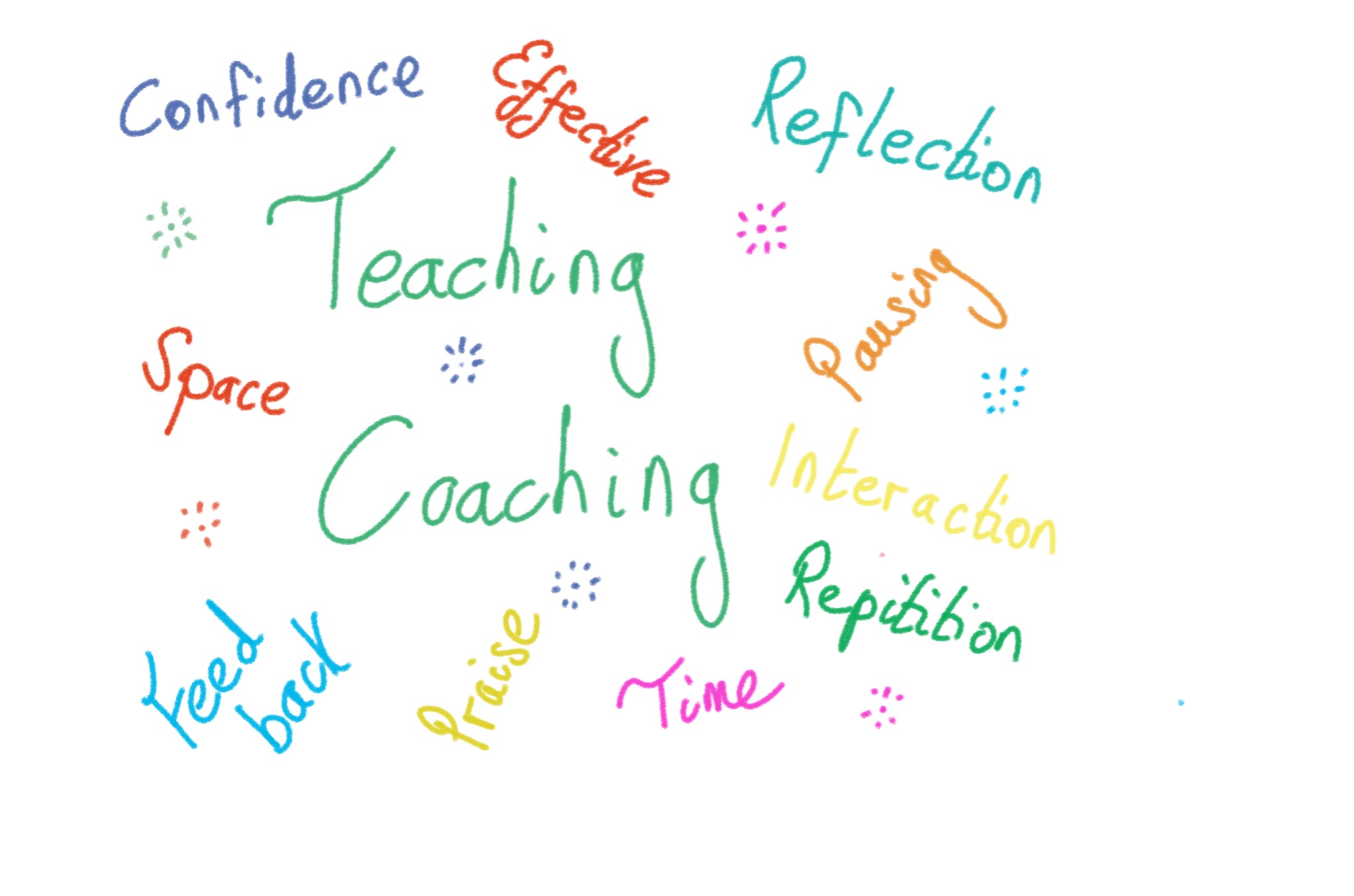 In 2015 I applied for funding from LeaD to undertake teaching coaching with a professional coach. I wanted to take a closer look at my teaching, especially as I’d just moved to a senior management role, and wanted to ensure I was still paying my teaching enough attention. In addition, I was keen to see if an expert thought that my teaching was allowing students to learn in the most effective way, which is not always easy to discern from module feedback, which often captures if students are happy with teaching, but not always whether that teaching is effective. Finally I wanted to see if this method could work as a way to enhance our teaching across my school and the university as a whole.
In 2015 I applied for funding from LeaD to undertake teaching coaching with a professional coach. I wanted to take a closer look at my teaching, especially as I’d just moved to a senior management role, and wanted to ensure I was still paying my teaching enough attention. In addition, I was keen to see if an expert thought that my teaching was allowing students to learn in the most effective way, which is not always easy to discern from module feedback, which often captures if students are happy with teaching, but not always whether that teaching is effective. Finally I wanted to see if this method could work as a way to enhance our teaching across my school and the university as a whole.
I was privileged to be paired with Dilly McDermott, who has a wealth of experience teaching students of different ages and in different sectors. Dilly observed three sessions of my teaching across different year groups. I must confess to feeling quite nervous and exposed before the first session, being not quite sure what to expect, and worried that some awful failing in my teaching might be revealed. However, I needn’t have worried as Dilly was always unobtrusive in class, and encouraging and supportive, even when suggesting areas for development. Dilly stayed for the entirety of each session, making copious clear notes which were provided for me in our constructive debriefing sessions.
Many of the areas of strength identified confirmed what I thought were strengths of my teaching. For example, Dilly commented on the clear sequencing and structure of the sessions, and the safe and secure environment created for students. She also provided additional areas of strength such as promoting critical analysis, which I had not necessarily realised I was doing in those particular sessions. I felt reassured that I am a a good judge of my own practice, but also felt encouraged to think more broadly about the skills my sessions allow students to develop. Furthermore, Dilly provided me with several formal models of reflection, such as Brookfield, Atkins and Murphy, and Schon. Whilst I always reflect before, during and after teaching, these models helped me ensure consistency in reflection, and provide clear actions in response to reflection.
Some of the areas for me to develop were things that I thought I was doing already. For example, before coaching, I would have argued that I always repeat student questions so they are audible, and praise all contributions, but Dilly observed that I was not doing this consistently, demonstrating the importance of an external perspective. Other areas for development concerned things to which I had previously given very little thought. For example, Dilly suggested changing the ratio of lecturer and student-led activities, to ensure that students feel ownership of the session, and so I can ensure students are learning effectively. My sessions are very interactive, but I relied on volunteered comments from the whole group to elicit student responses to our activities Dilly suggested many varied ways in which students can feed back, such as teaching others, or writing their answers on the board, or via small group presentations. Dilly also suggested that I needed to pause more often, to give students and myself time to think and process previous content, and both these suggestions have now been incorporated into my teaching sessions with good effect. In general I realised that I think a great deal about content and structure, but much less about presentation, largely allowing that to take care of itself. In many ways that hasn’t been a problem, but it was interesting to realise that I’d been coasting with this aspect of my practice, just relying on what I’d always done, rather than giving it regular consideration. I hope that the small changes I’ve made as a result of the coaching will be of benefit to students, allowing them more time to learn deeply and demonstrate their learning.
The most important benefit of the coaching for me personally has been in my increased confidence as a lecturer. Although I’ve been teaching for 17 years, having an external expert tell me I was doing well was invaluable. Whilst it’s a long time since I felt nervous in front of a class, I can honestly say I now feel completely relaxed and in control, and able to respond to whatever arises, which will be so positive both for me and my students as we move into the next academic year.
I would really encourage any lecturer to consider coaching if they would like time and space to focus solely on their teaching, learn things about themselves, and improve the student experience.

